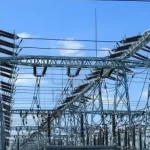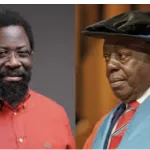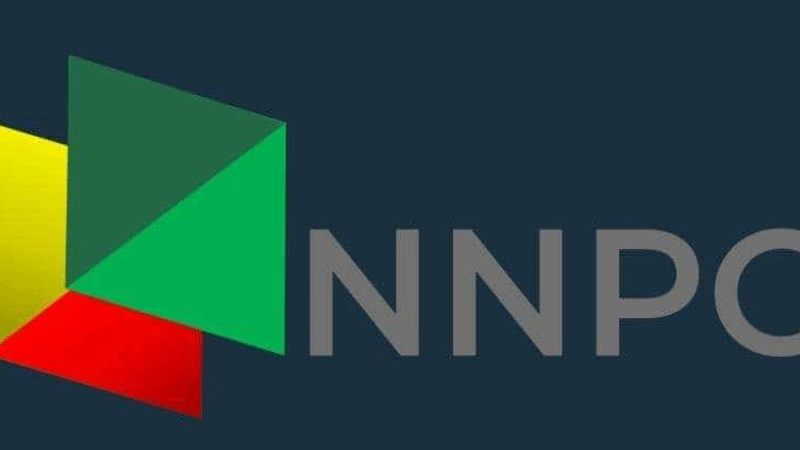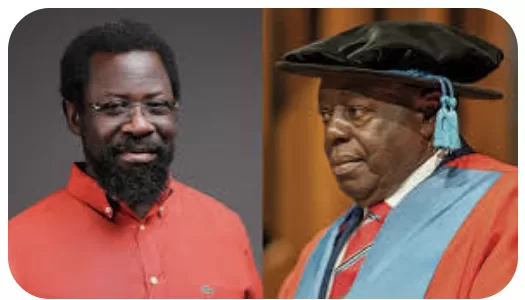The House of Representatives has directed its Committees on Finance, and Petroleum to investigate claims from the Revenue Mobilisation Allocation and Fiscal Responsibility Commission.
These reports allege that the Nigerian National Petroleum Company Limited withheld ₦8.48 trillion as purported subsidies for petrol.
The House further stated that “the investigation will address the NEITI report stating that NNPC (now NNPCL) failed to remit $2bn (N3.6tn) in taxes to the Federal Government.”
The House of Representatives has tasked its Committees on Finance and Petroleum with verifying the cumulative amount of unremitted revenue (under-recovery) from petrol sales by NNPCL between 2020 and 2023.
Additionally, the House has approved the 2025–2027 Medium-Term Expenditure Framework (MTEF) and Fiscal Strategy Paper (FSP).
This approval sets the stage for President Bola Tinubu’s anticipated presentation of the 2025 Appropriation Bill to the National Assembly next week.
The MTEF is a multi-year plan for public spending that establishes expenditure and fiscal policy targets, ensuring these goals are upheld throughout the budgeting process. It provides a structured approach to prioritizing and managing resources over several years.
The FSP outlines a country’s fiscal policy and medium-term macro-fiscal framework. It serves as a key component of the annual budget process and is integral to the Medium-Term Budget Framework.
Together, these tools enhance transparency, fiscal discipline, and alignment with long-term economic goals.
The Tinubu-led government set the oil benchmark for 2025 at $75 per barrel with oil production projected at 2.06 million barrels per day.
The government also pegged exchange rate parameters at N1,400 per dollar and a projected Gross Domestic Product growth rate of 6.4 per cent per annum.
During the clause-by-clause consideration of the 15 recommendations in the MTEF and FSP report, the House dissolved into the Committee of Supply under the chairmanship of Deputy Speaker Benjamin Kalu.
Typically, such exercises proceed smoothly with unanimous approvals from members. However, Minority Leader Kingsley Chinda disrupted the usual process by raising concerns, changing the tone of the deliberations and prompting further debate on the recommendations.
Speaking on the $75 oil benchmark controversy, Chinda argued in favour of retaining the 2024 stipulation, arguing that in the first quarter of the year, the country surpassed it.
He said, “Because of the importance and sensitivity of MTEF, I will advise that we consider it thoroughly before we pass. This is one of the most important bills this parliament will ever pass. They recommend a $75, $76.2, and $75.3 benchmark per barrel of crude for 2025, 2026, and 2027 respectively.
“We are aware that for 2024, what we recommended was $77.96, which is the current budget. Today, it is about $85 per barrel. That is, in the first quarter of 2024, we achieved $85 and it increased further. If we are recommending $75 for next year which is one month away against the $77 we recommended for this year, I will advise that we retain the minimum we adopted for this year.
“Rather than increasing, we are reducing, I am not unaware of the issue of moving to gas-propelled vehicles, leaving fossil fuel. I am aware that the world is moving that way and reliance on crude may be a bit reduced but going for $75 might be a bit too low,” he said.
Allaying these fears, the Chairman, House Committee on Finance, Abiodun Faleke, described the $75 per barrel benchmark as “responsible.”
He said, “Crude oil prices at the international market are not controlled by any country. In 2024, we were lucky unfortunately that there were crises in some oil-producing countries and this shot up the prices. In 2025, there is likely to be more stability. If you shoot out too much, it means you are bloating your expectations. Today, the price has crashed to $74. I think our benchmark is reasonable.”











